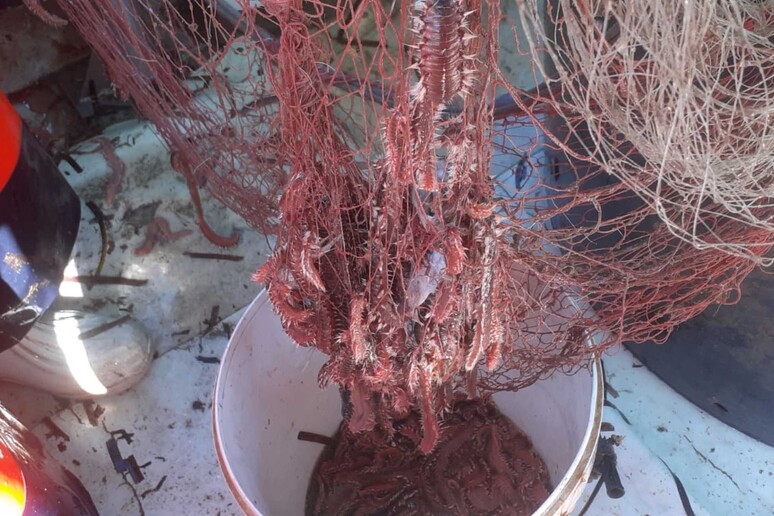The waves of intense heat that have
hit Italy in the last two or three years have fuelled the
expansion in southern seas of a type of highly invasive and
voracious sea worm that poses dangers to animals living in
marine reserves and for the work of fishermen.
The bearded fireworm has no natural enemies and regenerates if
chopped in two. It has stinging bristles that can give very
painful stings to anyone that picks one up.
The species has expanded immeasurably in the seas of Sicily,
Puglia and Calabria, threatening fishing.
"The bearded fireworm, whose scientific name is hermodice
carunculata, has stinging toxic bristles that generate edemas,
itching and fever," said Michela D'Alessandro, who with her
colleagues Valentina Esposito and Marco Graziani, is studying
this species, which until a short while ago was known for only
being numerous in the Suez Canal.
ALL RIGHTS RESERVED © Copyright ANSA











